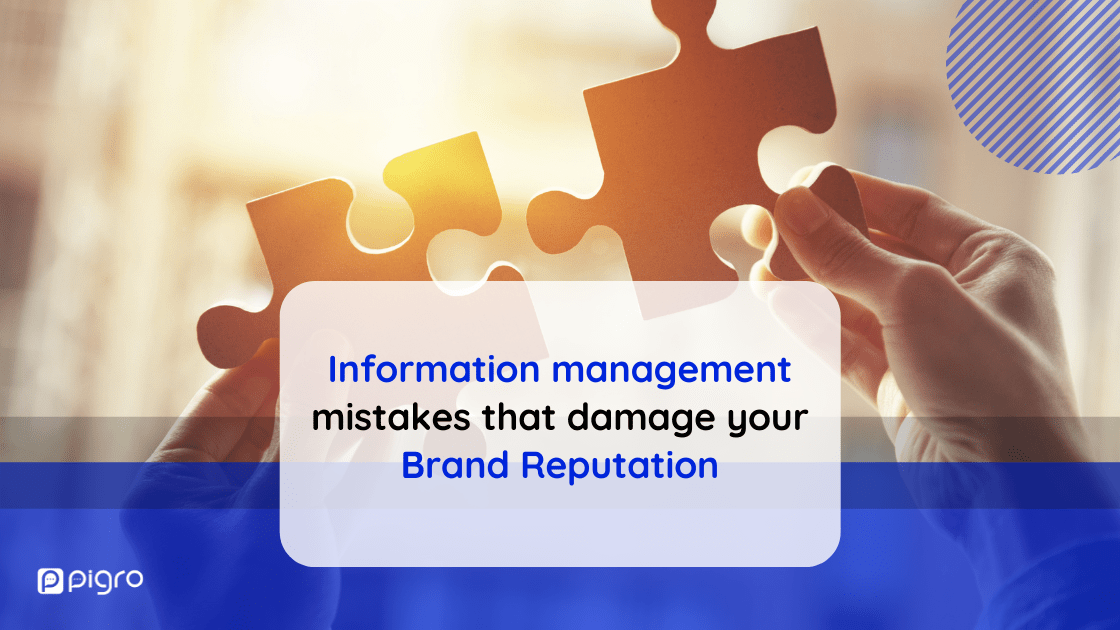Brand Reputation definition
Brand Reputation (or corporate reputation) is the set of perceptions, evaluations, and expectations that different stakeholders have of a company.
There is no unanimous definition, but it is closely linked to communication and human relations, as it derives from the actions of an organization and the value judgment attributed to them by people.
In addition to corporate culture, the relationships a company establishes with consumers play a key role in building a positive brand reputation that impacts corporate image and corporate identity.
But we don't always realize what factors they are influenced by. Let’s analyse them to understand what is corporate reputation and why is it important.
What is a good company reputation? The role of Customer Service
Customer Support is the main point of contact between the company and its customers: for this reason, when carrying out customer care and customer support actions, it is essential to have easy and immediate access to information.
Leaving users waiting and having to manage thousands of reports for the same problem represents a waste of time for operators and employees and hinders the formation of a good opinion of the company, in addition to reducing customer satisfaction and the quality of the customer experience.
Conversely, providing clear and consistent information across all consumer touchpoints can help form a positive opinion of the company and stimulate word-of-mouth referrals.
In addition, resolving user requests quickly, or providing a way for users to seek solutions to problems on their own, can improve customer satisfaction and ensure customer loyalty.
In this way, both the Customer Service and Help Desk support activities influence the construction of a corporate image. Both are based on access to knowledge: manuals, product sheets, procedures, and FAQs necessary to promptly respond to consumer requests.
We, therefore, understand that the connection between brand reputation and customer loyalty is extremely strong and interdependent. On one side building a good corporate image helps to retain consumers, but also having loyal customers promotes the spread of a positive reputation.
Communication between Sales and Marketing departments to build value
Even before they become customers, users come into contact with the company through Marketing and then Sales, which must be aligned with the importance of corporate image strategy and the brand values to be transmitted.
It is not always easy to stimulate communication between departments: often there are no systems or infrastructures in place to share knowledge, or the corporate culture does not encourage Knowledge Sharing, not rewarding those who collaborate in the dissemination of new ideas.
For this reason, it is essential to implement tools that facilitate the dissemination of information: the marketing department must be able to access the shared knowledge base, including documentation and reports produced by the sales department, in order to develop targeted strategies to support sales channels.
Similarly, Sales receives feedback from Marketing on new opportunities to expand the market.

Knowledge management can improve corporate reputation
Greater efficiency and better customer service mean greater consumer satisfaction and, consequently, greater opportunities to create a good, solid brand reputation among the public.
Similarly, a targeted marketing strategy will provide more leads and maximize value for both customers and the brand, resulting in increased opportunities to make a name for yourself and expand your market.
With a knowledge management system that provides a single point of access to all company documentation (product sheets, technical manuals, promotional content, website, etc.), operators and employees will have an easy way to consult the knowledge base and provide timely responses to customers.
In addition, a corporate knowledge management system has the advantage of facilitating the sharing of information between departments, thus speeding up activities and improving productivity.
But what if the problem is the presence of a too-chaotic knowledge base with conflicting or outdated information?
Now it is possible to measure corporate content quality, thanks to Artificial Intelligence. With Knowledge Insights, a tool developed by Pigro, all possible document issues are automatically identified, such as poorly structured content, broken links, sharing permissions issues, redundant or misleading information, and knowledge gaps.
In addition, Pigro provides suggestions on how to fix these problems, to increase the usability and findability of the knowledge base.
This could be a great starting point for optimising corporate knowledge and its use by employees, in order to ensure information sharing.
Learn more: How to grow Brand Reputation: enhancing corporate know-how
Want to know how Pigro can help you manage your business knowledge? Contact us!



